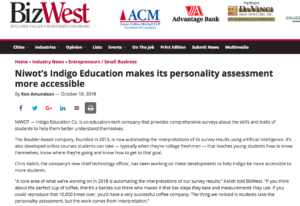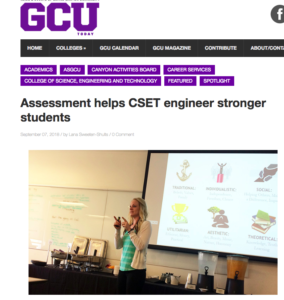Tag: Indigo Assessment
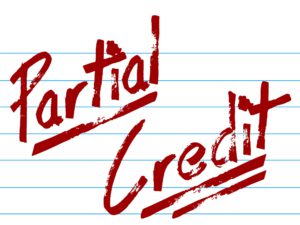
Partial Credit Podcast
Host Jesse Lubinsky discusses his experience with the Indigo Assessment at a Google Education Think Tank on the November 9th, 2018 episode of Partial Credit.
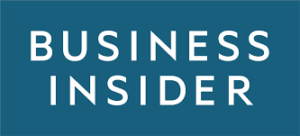
Indigo Education Company Brings Personalized Learning to U.S. Classrooms
From Business Insider
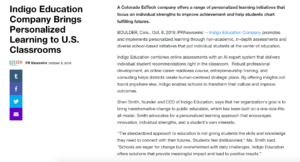
Indigo Education Company Brings Personalized Learning to U.S. Classrooms
From Yahoo! Finance

Indigo Education Company Brings Personalized Learning to US Classrooms
PRESS RELEASE
A Colorado EdTech company offers a range of personalized learning initiatives that focus on individual strengths to improve achievement and help students chart fulfilling futures.
BOULDER, CO. – Indigo Education Company promotes and implements personalized learning through non-academic, in-depth assessments and diverse school-based initiatives that put individual students at the center of education.
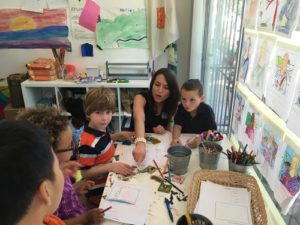
Indigo CEO Sheri Smith to Deliver Keynote Address at Annual Personalized Learning Conference
PRESS RELEASE
“Innovation can come from the talents already hidden within the school by identifying staff and students who possess entrepreneurial qualities to drive change and create community in the process.”
BOULDER, COLO – Sheri Smith, CEO of the Indigo Education Company, will deliver a keynote address on Nov. 14 at the “9th Annual National Convening on Personalized Learning: Think Like a Start-up,” in Milwaukee, Wisconsin. The conference is sponsored by the Institute for Personalized Learning.
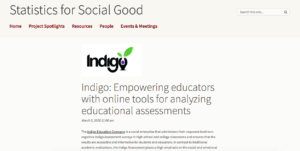
Indigo: Empowering educators with online tools for analyzing education assessments
From Stanford University Stats for Social Good
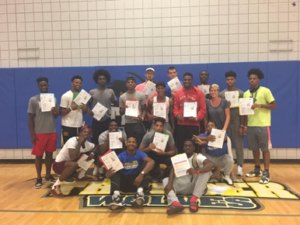
Athletics meet Non-Academics: College Basketball Team using Indigo to Up Their Game
Coach Bill Beilein isn’t only teaching offensive and defensive strategies to his players, he’s also teaching how to work with people different than them. Beilein is the head men’s basketball coach at…
Categories
- Activities (22)
- DISC (13)
- Featured (6)
- Higher Education (4)
- Indigo Assessment Info (8)
- Indigo Data (7)
- Indigo News (27)
- Indigo Schools (10)
- Indigo Stories (7)
- Motivators (11)
- Partners (1)
- Podcasts (7)
- Press Releases (7)
- Resources (6)
- Skills (24)
- Speaking Engagements (5)
- Thoughts on Education (21)
- Webinars (2)
Tags
aesthetic AI asking awards college fits Communication compliance continuous learning creativity DISC dominance Education empathy Empowering Educators FBLA future of education goals Indigo Indigo Assessment Indigo Data Indigo Education Company individualistic influencing leadership LearnLaunch Listening mentoring Motivators Partners Peak to Peak High School Personalized Learning persuasion planning Podcasts Professional Development self-awareness social soft skills Speaking Engagement steadiness team Teamwork theoretical TTI utilitarian


